6 Natural Ways to Reduce Anxiety and Feel More Relaxed

Anxiety can take a toll on your mind and body, making it hard to focus, sleep, or even enjoy life. Whether you are dealing with constant worry, stress from work, or just an overwhelming feeling of unease, finding ways to calm your mind naturally can make a huge difference. You do not need to rely on medication to feel better—there are natural and effective ways to manage anxiety that fit into your daily routine. Here are six powerful methods to help you feel more relaxed, in control, and at peace.
1. Practice Deep Breathing to Calm Your Mind
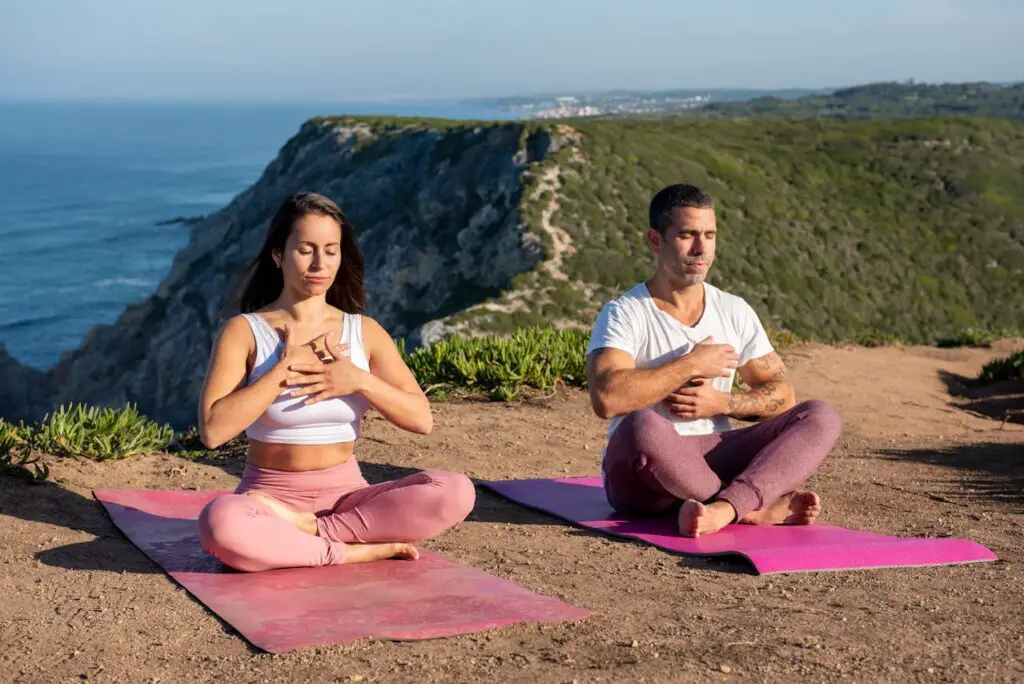
Breathing might seem like such a simple thing, but when you are anxious, your breathing changes. Shallow and rapid breaths can actually make anxiety worse by increasing your heart rate and making you feel more panicked. Practicing deep breathing can help slow everything down, giving your body and mind a signal to relax. One of the best techniques is the 4-7-8 method: inhale deeply through your nose for four seconds, hold your breath for seven seconds, and then slowly exhale through your mouth for eight seconds. Repeat this for a few minutes, and you will start to feel more in control. Deep breathing not only reduces stress but also improves focus and lowers blood pressure. The best part is that you can do it anywhere—at work, in traffic, or before bed—whenever you need a quick way to reset and calm down.
2. Exercise to Release Stress and Boost Your Mood
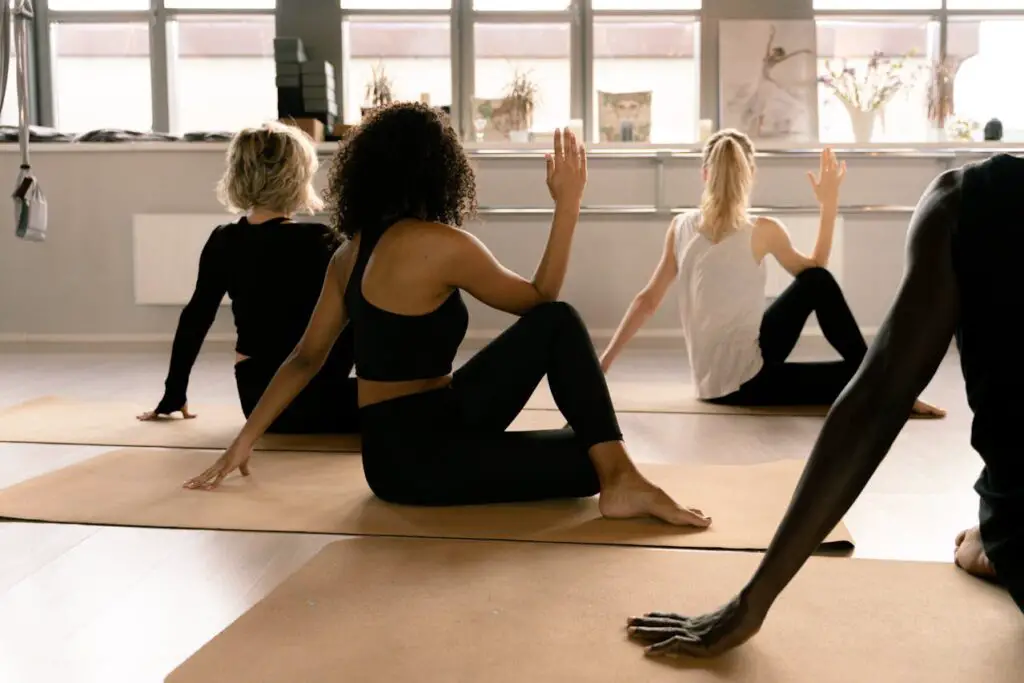
If you have ever gone for a run or danced to your favorite song and felt better afterward, there is a reason for that. Exercise is one of the most powerful natural remedies for anxiety because it releases endorphins, the brain’s natural feel-good chemicals. Regular physical activity helps reduce stress hormones like cortisol while boosting serotonin and dopamine, which improve mood and relaxation. You do not have to spend hours in the gym—any form of movement can help. Try a brisk walk outside, a yoga session, or even a short dance break in your living room. If you enjoy nature, hiking or jogging in the fresh air can be even more beneficial. The key is to find an activity you enjoy and make it a regular part of your routine. Over time, exercise not only reduces anxiety but also helps you feel stronger and more confident in yourself.
3. Try Herbal Remedies for Natural Relaxation

Nature has provided us with incredible remedies to help ease anxiety, and many herbs have been used for centuries to promote relaxation. Chamomile tea is one of the most well-known options—it has natural calming effects that can help you unwind before bed. Another powerful herb is ashwagandha, an adaptogen that helps the body manage stress and balance cortisol levels. Lavender, whether in essential oil form or tea, has been shown to lower stress levels and promote better sleep. Passionflower and valerian root are also commonly used to ease nervousness and improve relaxation. Herbal remedies can be a great addition to your routine, whether through teas, supplements, or aromatherapy. If you are considering adding herbal treatments to your daily life, be sure to check with a healthcare provider, especially if you take medications, to ensure they are safe for you.
4. Improve Your Sleep to Reduce Anxiety
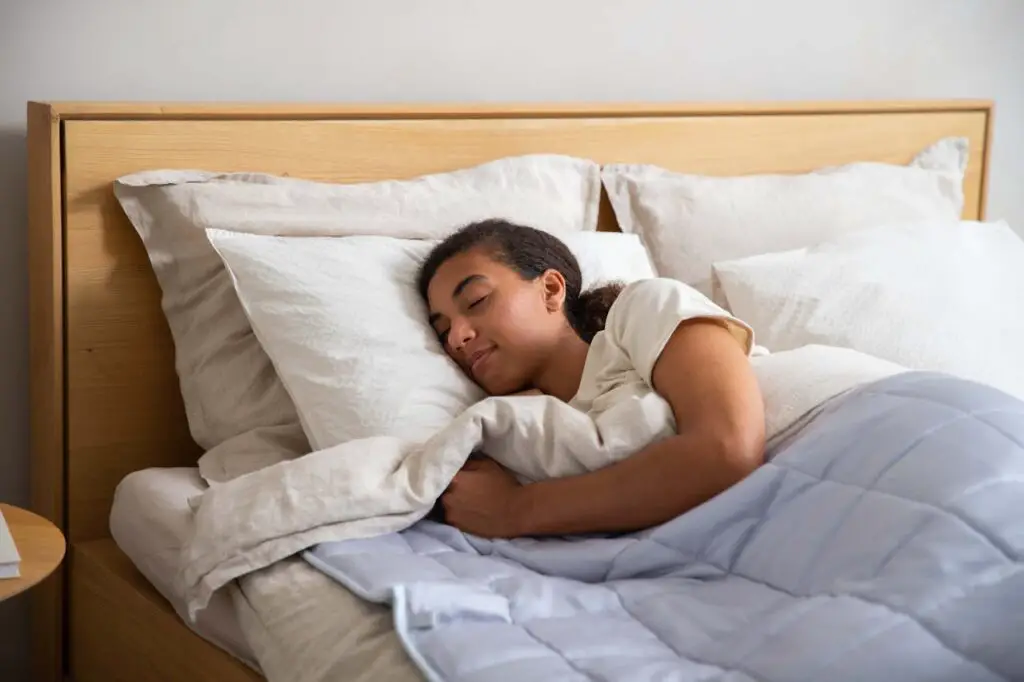
Lack of sleep and anxiety go hand in hand—when you do not get enough rest, your body and mind become more sensitive to stress. If you find yourself lying awake at night with racing thoughts, it is time to focus on improving your sleep habits. Start by creating a bedtime routine that signals to your brain that it is time to wind down. Avoid caffeine and screens before bed, as both can interfere with your body’s natural sleep cycle. Instead, try reading, journaling, or listening to calming music. Keep your bedroom cool, dark, and quiet to create an environment that promotes restful sleep. If your mind keeps running, write down your thoughts before bed to clear your head. Quality sleep is essential for mental health, and when you are well-rested, you will find it much easier to handle stress and anxiety throughout the day.
5. Use Mindfulness and Meditation to Stay Present
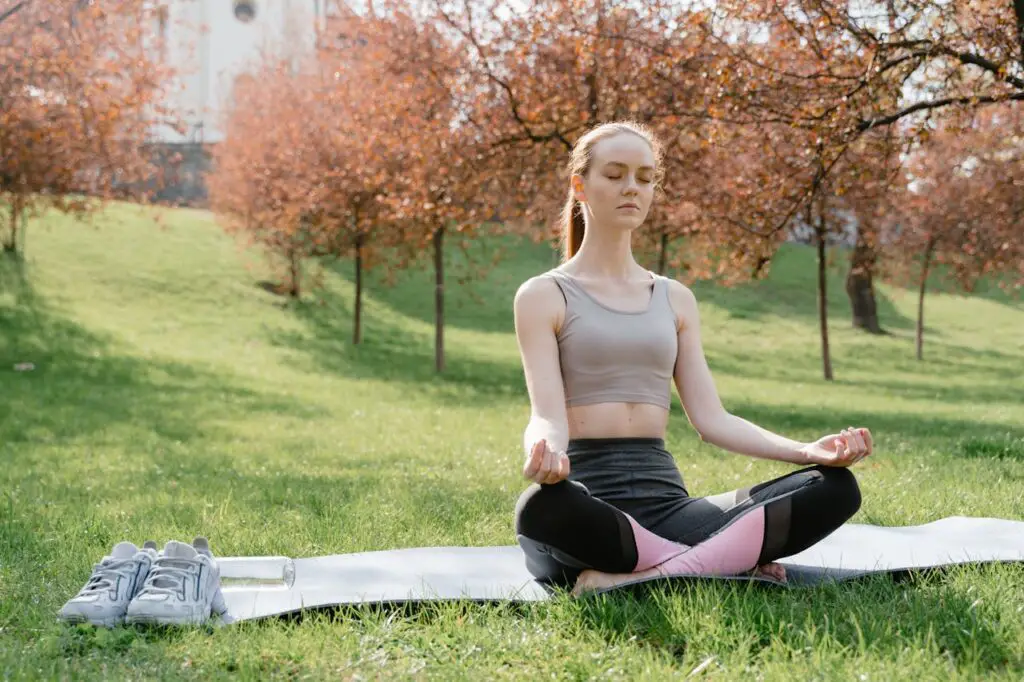
Most anxiety comes from worrying about the future or dwelling on the past. Mindfulness and meditation can help you stay grounded in the present moment, reducing stress and creating a sense of calm. Meditation does not have to be complicated—you can start with just five to ten minutes a day. Sit quietly, focus on your breath, and let go of any distracting thoughts. Guided meditations, body scans, and visualization exercises can also help you relax and regain control over your emotions. If sitting still is difficult for you, try practicing mindfulness in daily activities. Pay full attention to what you are doing, whether it is eating, walking, or even washing dishes. By training your mind to focus on the now, you can reduce anxious thoughts and build long-term resilience against stress.
6. Stay Connected with Others for Emotional Support
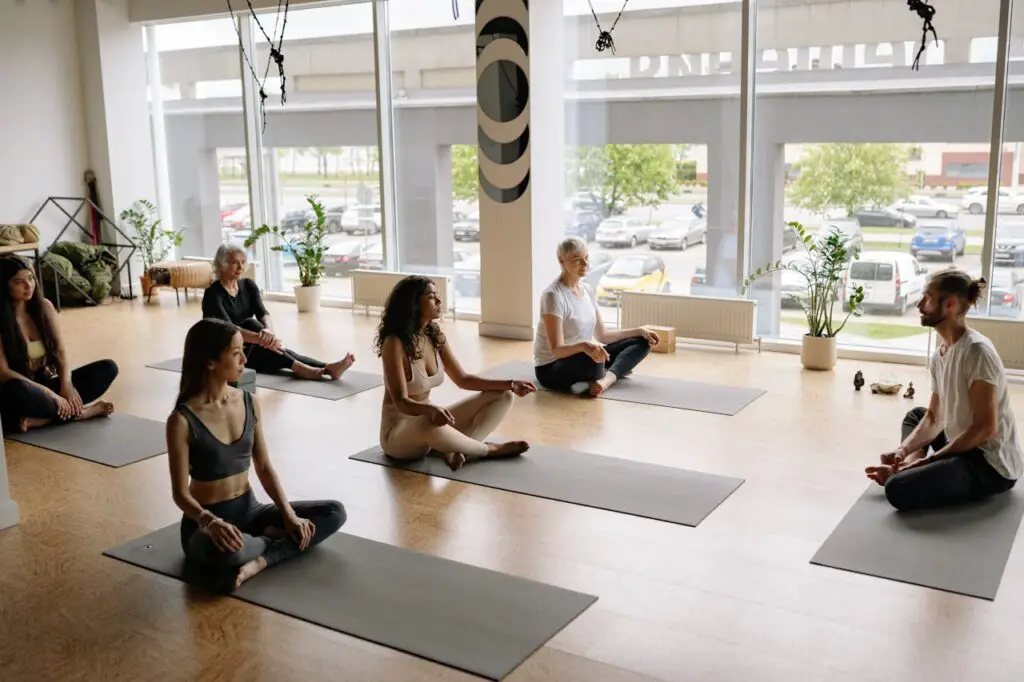
When anxiety kicks in, it is easy to isolate yourself, but staying connected with friends, family, or supportive people is one of the best ways to manage stress. Talking to someone you trust about your worries can help you process emotions and gain a fresh perspective. Even a simple phone call or coffee date can make you feel less alone and more supported. If you do not have close connections nearby, consider joining a support group, an online community, or engaging in activities where you can meet like-minded people. Laughter is also a powerful stress reliever, so spending time with people who make you laugh can do wonders for your mental health. Human connection is essential for emotional well-being, and knowing that you have people to turn to can provide a sense of comfort and reassurance.
Final Thoughts
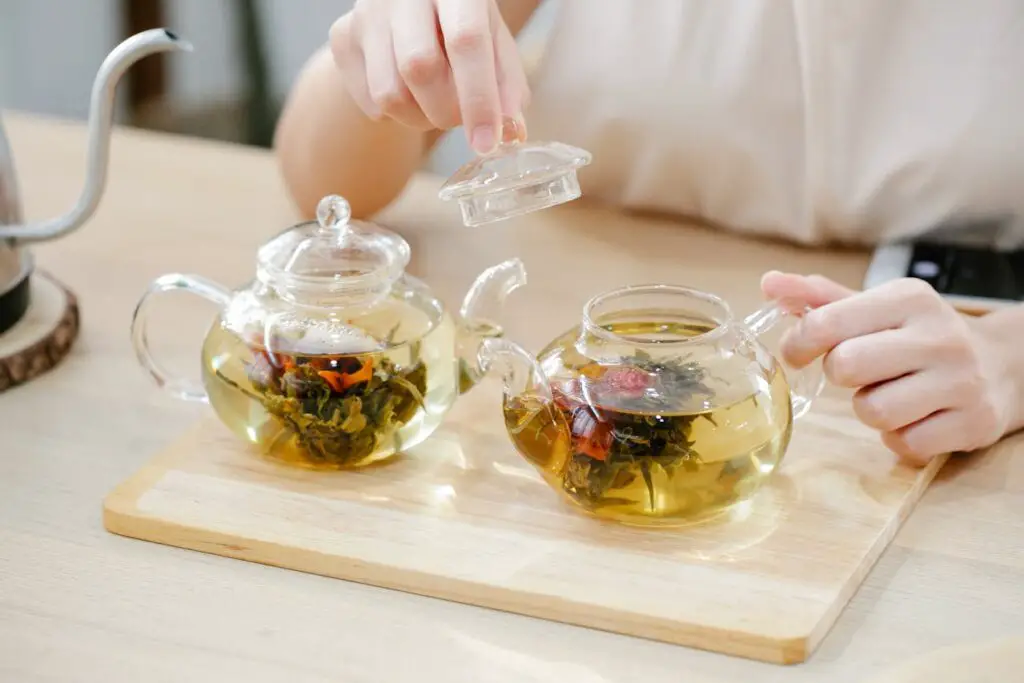
Anxiety can be overwhelming, but you do not have to let it control your life. By practicing deep breathing, staying active, using natural remedies, prioritizing sleep, embracing mindfulness, and maintaining strong social connections, you can take charge of your mental health in a natural and effective way. These methods are simple, yet powerful, and they can be easily incorporated into your daily routine. The most important thing is to be kind to yourself—managing anxiety is a journey, and small steps can lead to big improvements. If your anxiety becomes too difficult to handle on your own, seeking professional help is always a good option. With the right tools and mindset, you can create a calmer, more balanced life and start feeling more relaxed every day.
Leave a Reply